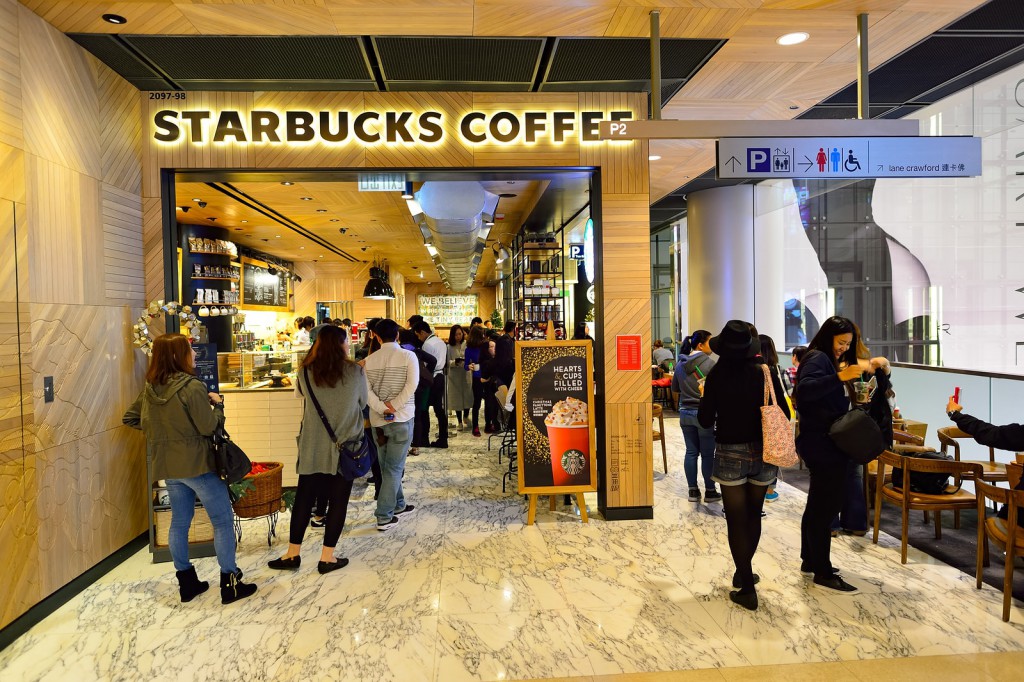Starbucks is adding a big dose of caffeine to its operations in China.
The Seattle-based coffee chain plans to open 500 stores this year as part of a broader, more ambitious effort to have at least 3,400 locations in China by 2019.
The move would expand the company’s presence in China by 70% from the 2,000 stores it now operates in 100 Chinese cities. China is Starbucks’ second largest market after the United States, and CEO Howard Schultz has described the expansion as the “important and exciting opportunity ahead of us.’’
Starbucks is pushing forward with lofty goals, despite concerns about China’s slowdown and depreciation of its currency. Company officials are optimistic about the market in the short and long term, and the recent volatility with the Chinese yuan has had no impact on operations.
Starbucks joins other quick service eateries seeking to tap into China’s growing middle class, including McDonald’s and KFC. Whereas some have struggled to gain a strong foothold, Starbucks has done better thanks to choosing a good Chinese name – “Starry Hope” – and tweaking its menu to accommodate local tastes.
You Might Also Enjoy: Starbucks Brews Up Exceptional Veterans Benefits
Starbucks stores in China have all of the usual fare but also offer a variety of food and drink items with a Chinese twist, including red bean-green tea frappuccinos and mooncakes. Going to Starbucks has become a status symbol for some Chinese, as one cup of coffee can cost the same as an entire meal elsewhere.
Starbucks is also offering housing subsidies to many of its full-time baristas and shift supervisors in China. About 7,000 employees will qualify immediately and 3,000 more will eligible in the future. The subsidies will be given in the form of an allowance to help employees pay rent, since Starbucks doesn’t provide dormitory housing as many Chinese companies do.
The effort came in response to concerns that people migrating to bigger cities from rural areas would not be able to afford the cost of living. While the subsidies will vary from city to city, they could cover more than half of an employee’s housing, depending on the person’s situation.
That’s a nice perk to offer, especially for a company that will soon be looking to hire thousands more workers.






